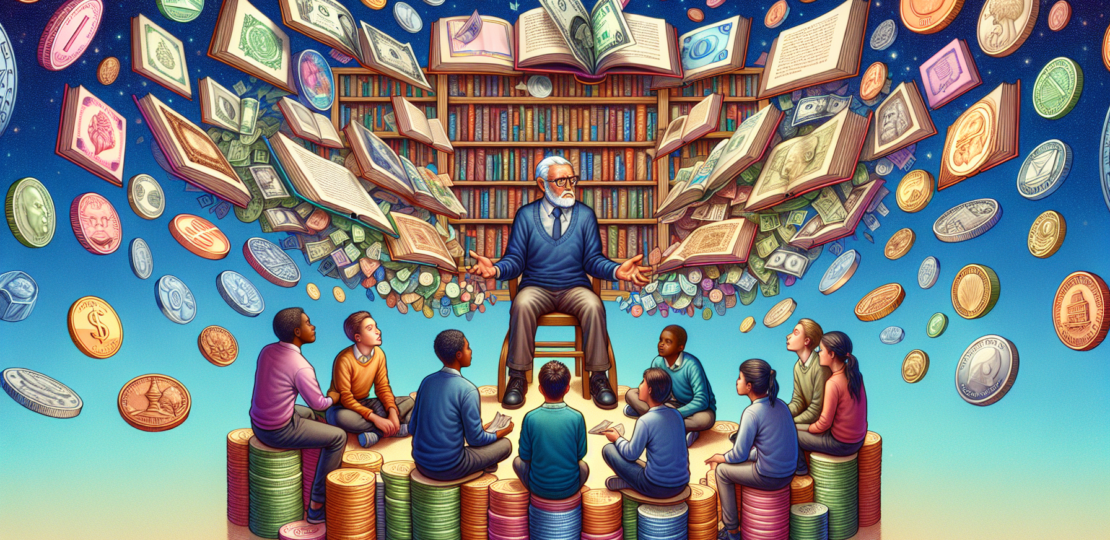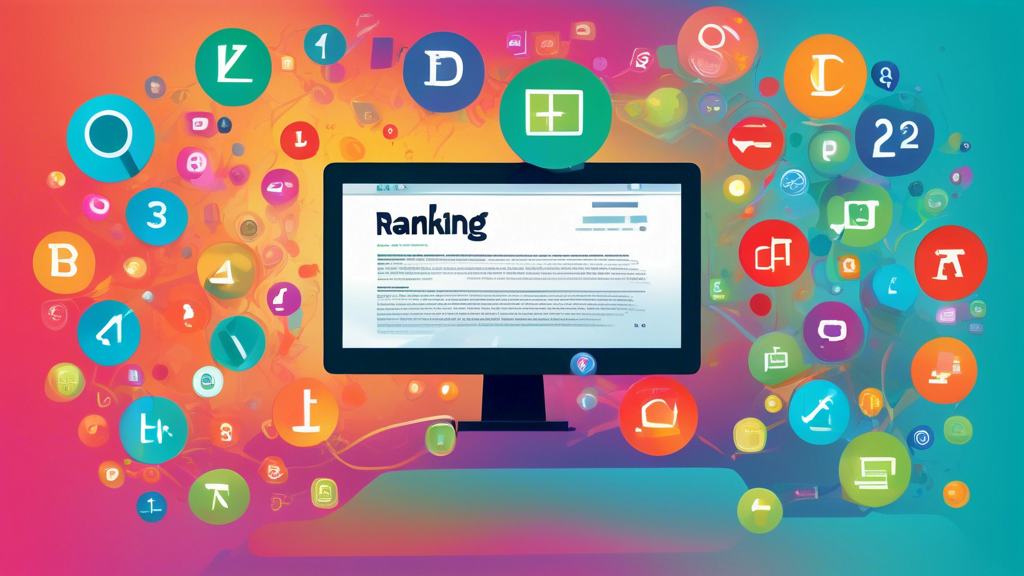Understanding Money: Basics and Beyond
Introduction
Money is an essential part of modern life, used for everything from daily transactions to long-term investments. This article aims to provide a comprehensive understanding of money, covering its basics and delving into more complex concepts.
What is Money?
Money is any item or verifiable record that is generally accepted as payment for goods and services and repayment of debts within a particular country or socio-economic context. It serves several key functions:
- Medium of Exchange: Money facilitates transactions by eliminating the need for a barter system.
- Unit of Account: It provides a standard measure of value, making it easier to compare the cost of goods and services.
- Store of Value: Money can be saved and retrieved in the future, retaining its value over time.
- Standard of Deferred Payment: It allows for the settlement of debts and other financial obligations.
The History of Money
The concept of money has evolved significantly over time:
- Barter System: In ancient times, people exchanged goods and services directly.
- Commodity Money: Items like gold, silver, and other valuable resources were used as money because of their intrinsic value.
- Representative Money: This type of money represents something of value, such as paper notes that could be exchanged for a fixed amount of a valuable commodity.
- Fiat Money: Modern money without intrinsic value, but made valuable by government decree.
- Digital and Cryptocurrencies: Advances in technology have led to the creation of digital currencies, such as Bitcoin, that operate on decentralized platforms.
How Money Works
Money operates within financial systems governed by policies, regulations, and economic principles. Understanding these systems is crucial for grasping how money influences global and local economies.
Central Banks and Monetary Policy
Central banks, like the Federal Reserve in the United States, manage a country’s money supply and monetary policy, which involves controlling interest rates and inflation to stabilize the economy.
Banking System
Commercial banks provide banking services such as savings accounts, loans, and mortgages. They play a critical role in the economy by facilitating the flow of money and credit.
Advanced Concepts in Money
Inflation and Deflation
Inflation refers to the increase in prices over time, reducing the purchasing power of money. Conversely, deflation is a decrease in prices, which can increase the value of money but potentially lead to economic downturns.
Interest Rates
Interest rates are the cost of borrowing money. Central banks manipulate interest rates to influence economic activity. Lower interest rates generally encourage borrowing and spending, while higher rates discourage them.
Exchange Rates
Exchange rates determine how much one currency is worth in terms of another. These rates fluctuate based on factors like trade balances, inflation rates, and political stability.
Conclusion
Money is a fundamental component of our lives, enabling trade, investment, and economic growth. By understanding the basics and more advanced aspects of money, individuals can make informed financial decisions and better navigate the complexities of the modern economy.




